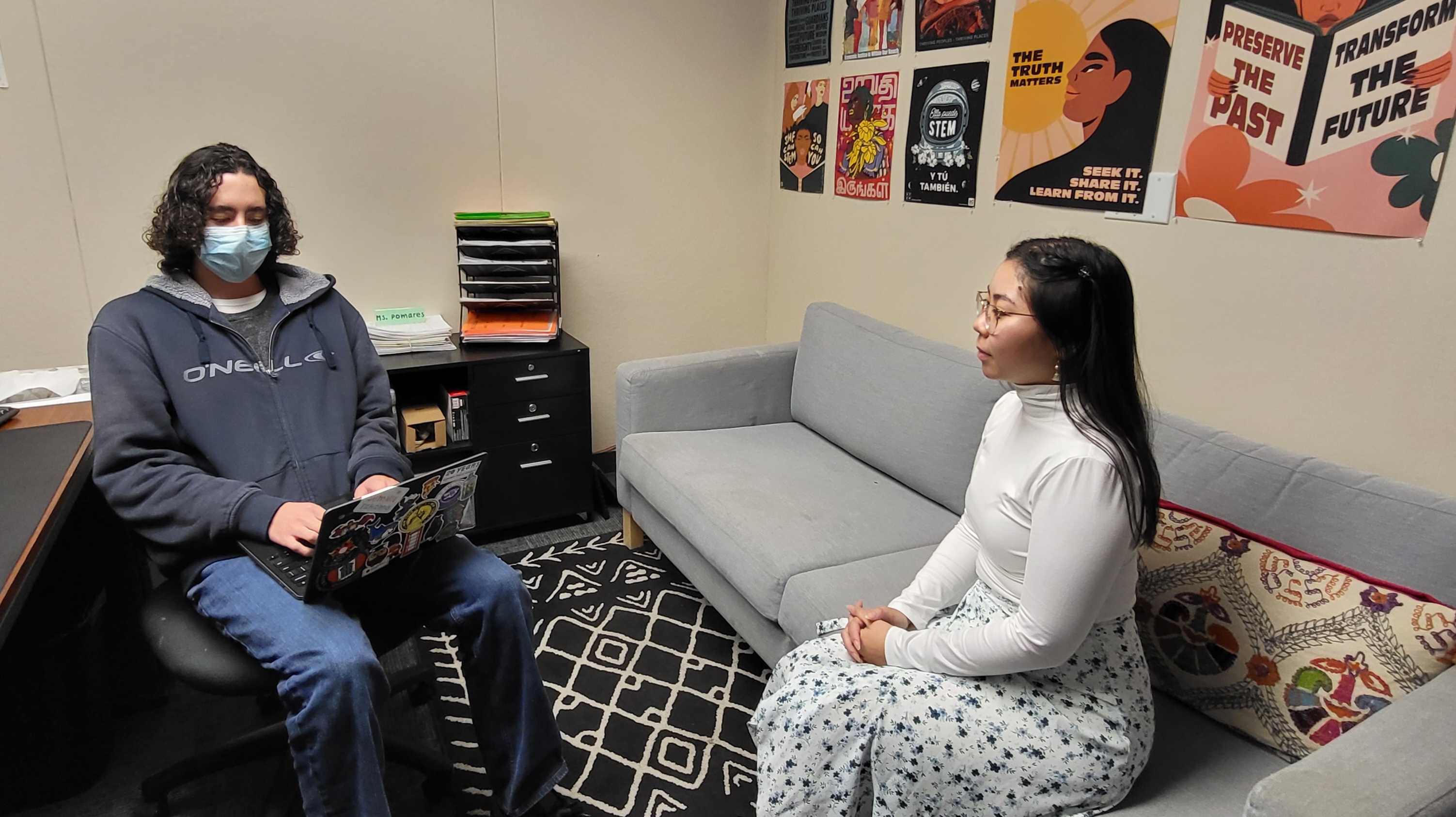Everyone knows that Summit Tahoma is vastly different from its public school counterparts. You're definitely not going to find any public schools out there with mentor groups or Expeditions. Some of these features are only available because Tahoma is a charter school, which in the past has provided a bit of leeway in areas that public schools are more strict on (like the fact that we don’t have a mandatory P.E. class).
To better understand this, we can look into the history of charter schools.
In 1992, “The Charter Schools Act” was passed and allowed the formation of charter schools with a few basic necessities. To create a charter school, the community must believe there is a need for a more personalized education system. If a group of educators or an independent charter school company sees this need in a community, they can start a petition to open one in their area. This petition would have to be submitted to the State/County Board of Education, who would approve or deny the petition.
This process gives school districts hosting charter schools little to no control. What little power it does have enables them to reject a charter school petition, though only under specific circumstances with significant evidentiary support. Even then, charter schools can appeal a school district's decision to the County or State Board. If the petition were approved, they would have to resubmit it to the County Board of Education every 5 years to renew their charter.
In 2019, a new bill was passed in California that would change how charter schools were founded and who could work at those schools. This bill explicitly targets “non-core, non-college prep” teachers, like Summit’s Expeditions teachers. In the past, these teachers only required a degree in the subject of their teaching, which allowed Summit schools to hire a wider selection of Expeditions teachers.
However, a law was passed that requires teachers to have an official certification by the Commission on Teacher Credentialing (CTC). The bill comes into effect in the 2024-2025 school year, meaning that many of our Expeditions teachers would have to stop working here unless they got a CTC certification. The problem with this is that many teachers don’t want to get the certificate.
Summit teachers come from very experienced backgrounds that often pay more than a teaching job here at Summit. This means going through the extra process of getting a teaching credential sounds a lot less appealing than going back to those old jobs that they do have the qualifications for, and that pay more money.
Take, for example, Ms. Santos, the Intro to Law and Adulting teacher during Expeditions. She was a practicing lawyer for years before she became an Expeditions teacher. However, this bill forces Ms. Santos to give up on her love of teaching, making this school year her last.
While this bill ensures that the teachers at charter schools have the proper teaching credentials, it leaves several experienced teachers, like Ms. Santos, Ms. Pereyra, and Mr. Scicluna, stranded. It makes us question whether this law requires teachers to be more qualified to teach or forces our school to get rid of its most beloved teachers.

 Tahoma Talks: A Sit Down With a Former Tahoma Student & Staff Member
Tahoma Talks: A Sit Down With a Former Tahoma Student & Staff Member